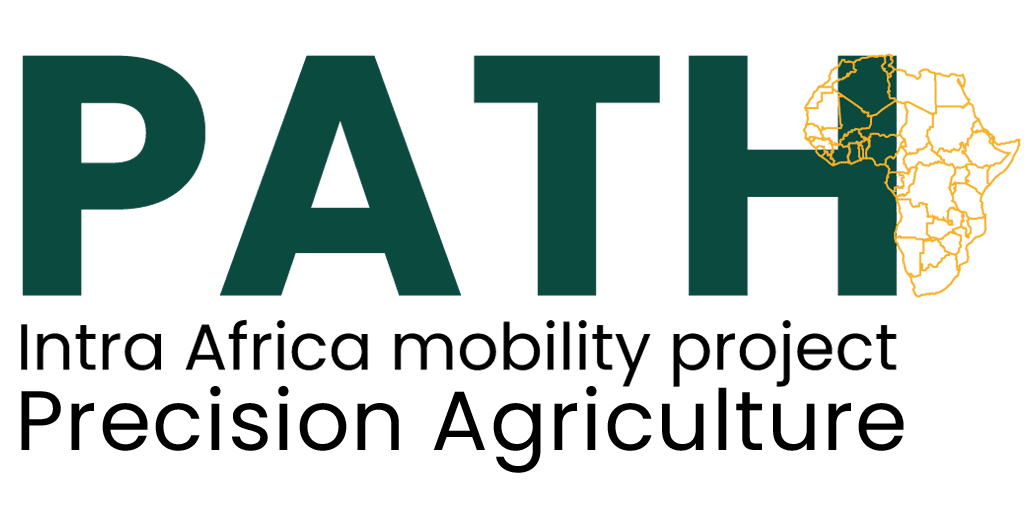Precision agriculture is a transformative approach that leverages technology to enhance farming efficiency, productivity, and sustainability. By using advanced tools such as GPS, IoT, remote sensing, and data analytics, farmers can optimize their operations to achieve better yields and reduce environmental impact. This innovative method is paving the way for more sustainable farming practices, ensuring that agricultural systems can meet the growing global food demand while preserving natural resources.
Understanding Precision Agriculture
Precision agriculture, also known as smart farming, involves the use of precise measurements and data collection tools to tailor farming practices to the specific needs of crops and soil conditions. This approach allows farmers to apply the right amount of inputs (water, fertilizers, pesticides) at the right time and place, ensuring optimal growth and minimizing waste. By doing so, precision agriculture supports sustainable farming by promoting efficient resource use and reducing the ecological footprint of agricultural activities.
Key Technologies in Precision Agriculture
GPS and GIS Technology: Global Positioning System (GPS) and Geographic Information Systems (GIS) are integral to precision agriculture. They enable accurate mapping and navigation, allowing farmers to precisely manage planting, fertilizing, and harvesting operations. This precision reduces resource wastage and enhances overall efficiency.
Remote Sensing and Drones: Remote sensing technologies, including satellite imagery and drones equipped with multispectral cameras, provide detailed data on crop health, soil conditions, and pest infestations. This real-time information helps farmers detect issues early and implement targeted interventions, reducing the need for widespread chemical use.
IoT and Sensor Networks: The Internet of Things (IoT) and sensor networks offer real-time monitoring of environmental parameters such as soil moisture, temperature, and nutrient levels. Continuous data streams from these sensors enable precise irrigation and fertilization, ensuring crops receive the exact amount of resources needed for optimal growth, thereby conserving water and reducing fertilizer runoff.
Big Data and Analytics: Big data analytics in precision agriculture involves processing large volumes of data from various sources to identify trends and patterns. This analytical capability helps farmers make informed decisions about crop management, resource allocation, and risk mitigation, ultimately enhancing productivity and sustainability.
Benefits of Precision Agriculture for Sustainable Farming
Enhanced Productivity: Precision agriculture significantly boosts crop yields by optimizing the use of inputs. By ensuring that each plant receives the appropriate care, farmers can achieve higher productivity with fewer resources. This efficiency is crucial for meeting the food demands of a growing global population.
Resource Conservation: By precisely managing water, fertilizers, and pesticides, precision agriculture reduces the overuse of these inputs. This conservation not only lowers production costs but also minimizes the impact on surrounding ecosystems. Efficient resource use is a cornerstone of sustainable farming practices.
Environmental Protection: Precision agriculture helps protect the environment by reducing the runoff of chemicals into water bodies and minimizing soil degradation. Targeted application of inputs ensures that only the necessary amounts are used, preventing pollution and promoting healthier ecosystems.
Cost Efficiency: By reducing waste and enhancing operational efficiency, precision agriculture lowers overall production costs. Farmers can achieve better results with fewer inputs, increasing profitability while maintaining sustainable practices. This economic viability is essential for the long-term adoption of sustainable farming methods.
Improved Decision-Making: Access to real-time data and advanced analytics empowers farmers to make better-informed decisions. This proactive management approach minimizes risks and maximizes returns, ensuring that farming practices are both economically and environmentally sustainable.
Challenges and Future Prospects
Despite its numerous benefits, precision agriculture faces challenges such as high initial costs and the need for technical expertise. Small-scale farmers may find it difficult to invest in advanced technologies without adequate support. However, as technology becomes more affordable and accessible, the adoption of precision agriculture is expected to grow.
Governments and organizations are increasingly recognizing the potential of precision agriculture to enhance food security and sustainability. Investment in research, development, and farmer education will be crucial in overcoming these challenges and promoting the widespread adoption of this innovative approach.
Precision agriculture offers significant benefits for sustainable farming by enhancing productivity, conserving resources, protecting the environment, and improving economic viability. As the agricultural industry continues to evolve, precision agriculture will play a pivotal role in ensuring that farming practices can meet the demands of a growing population while preserving the planet’s natural resources. By embracing this technology-driven approach, farmers can achieve a more sustainable and prosperous future.



